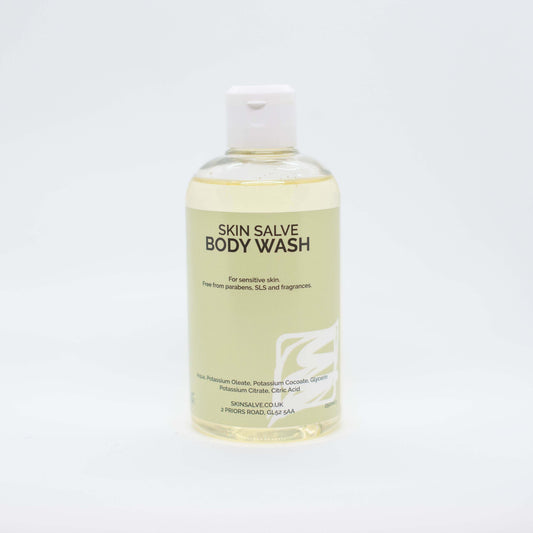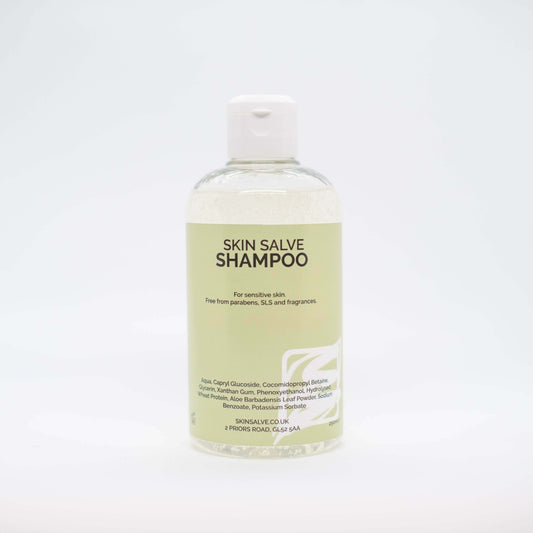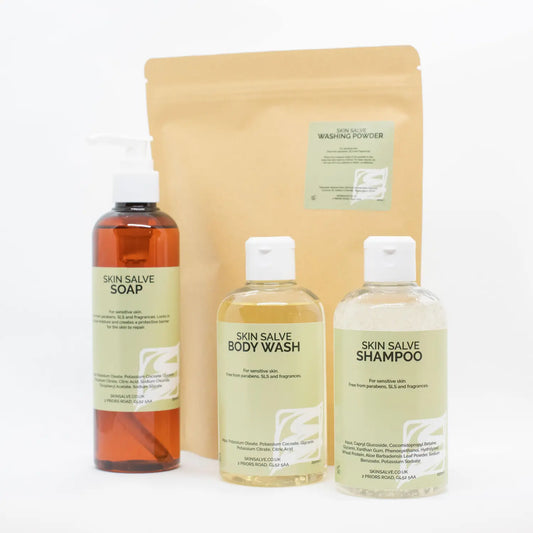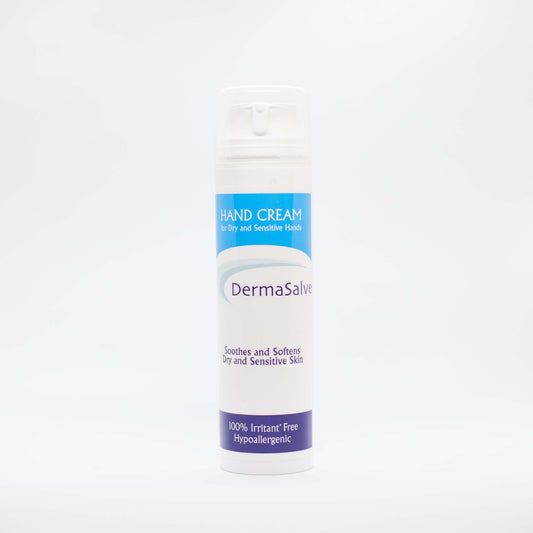Glycerin (also known as glycerol) is a natural byproduct of soap production. When oil reacts with alkaline (lye), it forms soap and glycerol. It is common for glycerin to be made this way. Some businesses produce soap purely to extract glycerin to use in other cosmetic products. These businesses often use tallow (found in Skin Salve Soap and Miners Shaving Soap) to produce superior glycerin.
Glycerin as a humectant
Glycerin is used as a humectant in soap products. It helps to ensure that your skin will maintain its own moisture in order to protect it from damage caused by dryness. Instead of creating a barrier, humectants such as glycerin still allow your skin to breathe.
Glycerin in natural soap
Glycerin really is one of those wonder products. It can increase skin hydration, relieve dryness, and refresh the skin's surface.
It's also an emollient, like Sodium tallowate and Sodium cocoate which means it can soften skin. This is great if eczema or psoriasis leave you with rough or dry patches.
And finally, like Coconut oil, glycerin also has antimicrobial properties, which means it can protect the skin from harmful microorganisms.
Glycerin in safe soap production
Like Sodium tallowate and Sodium cocoate, the EWG guide to safer personal care products gives glycerin it’s safest rating:

The Skin deep hazard score (rated from 1 to 10) reflects known and suspected hazards linked to ingredients. The EQG Verified mark means an ingredient meets the strictest criteria for transparency and health.[1]
Its actual score depends on usage - it scores 1 (safest) if the use of it isn’t excessively concentrated (Skin Salve Soap does not use concentrated forms).
Glycerin for shaving
You can learn more about Skin Salve Soap being used as a shaving soap here. In many commercial (and inferior) shaving soaps and gels, glycerin is added to the product to help improve the shaving experience.
[1] https://www.ewg.org/skindeep/ingredients/702620-GLYCERIN/





